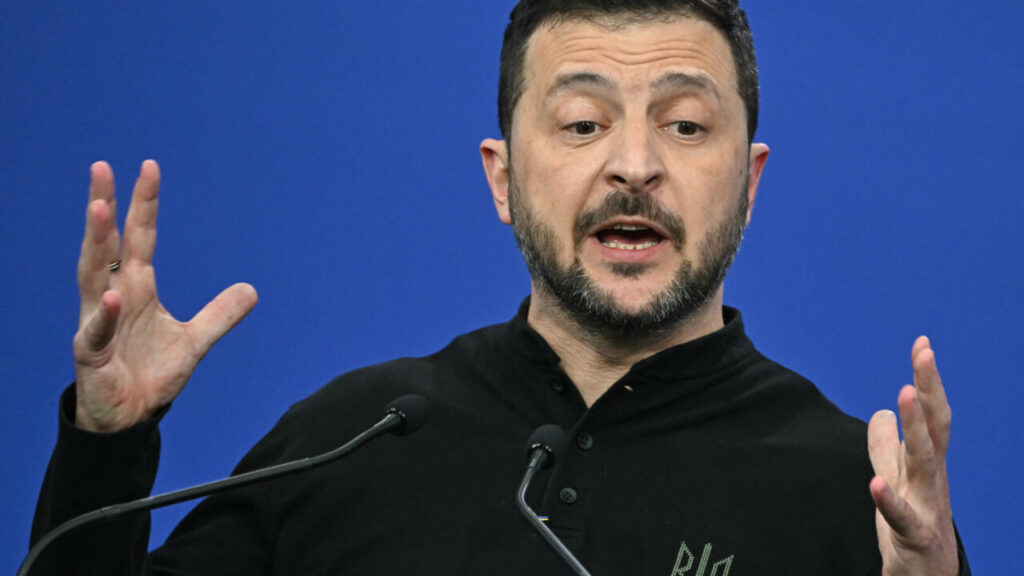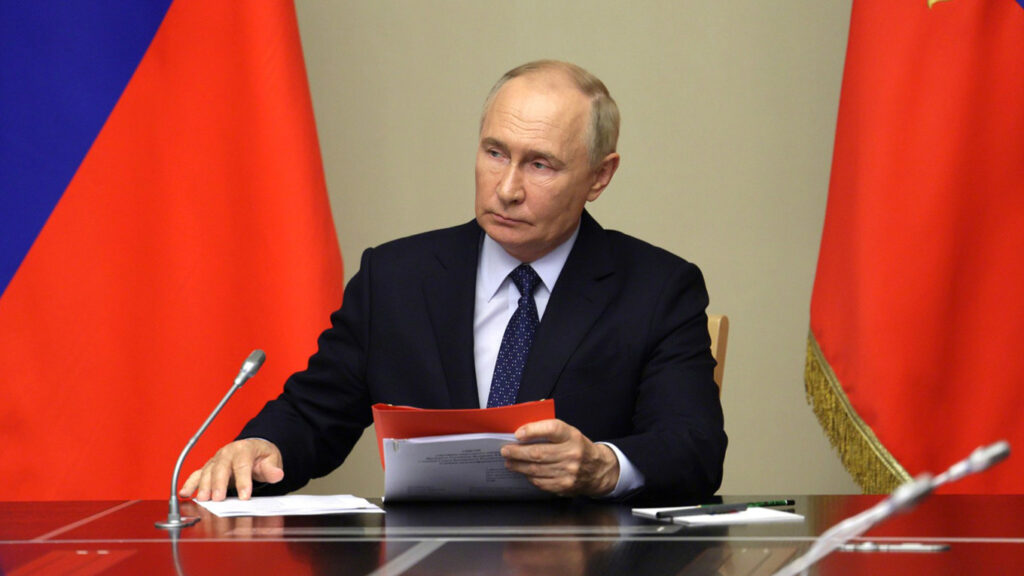President Volodymyr Zelensky announced Saturday that Ukraine seeks to end its war with Russia through diplomatic means next year, as both nations prepare for President-elect Donald Trump’s return to the White House and mounting evidence suggests North Korean troops are supporting Russian forces.
“For our part, we must do everything we can to ensure that this war ends next year. We have to end it by diplomatic means,” Zelensky told Ukrainian radio, marking a shift in tone one day after suggesting the conflict would end “sooner” under Trump’s presidency.

The statement follows Russian President Vladimir Putin’s first conversation with a major Western leader in nearly two years, speaking with German Chancellor Olaf Scholz on Friday despite Kyiv’s objections. During the call, Putin reportedly reiterated his demand that Ukraine surrender occupied territories as a precondition for talks, terms Zelensky has consistently rejected.
The diplomatic landscape has grown more complex with Trump’s election victory, as the incoming U.S. president has repeatedly criticized military aid to Ukraine and promised swift resolution to the conflict. “We have to understand what the Russians want,” Zelensky said, addressing the uncertain future of international support.
The war’s scope has expanded beyond Europe, with Western officials confirming that North Korea has deployed thousands of troops to help Russia repel Ukrainian advances in the Kursk border region. The military cooperation follows Tuesday’s ratification of a defense pact between Moscow and Pyongyang, drawing sharp criticism from South Korea and Japan.

“This will not only deepen the severity of the Ukraine situation but also have extremely significant implications for East Asia’s security situation,” Japanese Foreign Minister Takeshi Iwaya said during a visit to Ukraine that included Bucha, where Russian forces are accused of committing atrocities against civilians early in the war.
As the conflict approaches its third anniversary in February 2025, Russian forces have recently gained ground against Ukraine’s military, which faces ammunition shortages and manpower disadvantages. The situation has grown more critical as questions mount about the future of Western military support under Trump’s administration.
The absence of meaningful negotiations between Moscow and Kyiv, combined with Putin’s territorial demands and the expanding role of North Korea in the conflict, presents significant challenges to Zelensky’s diplomatic aspirations for 2025.


